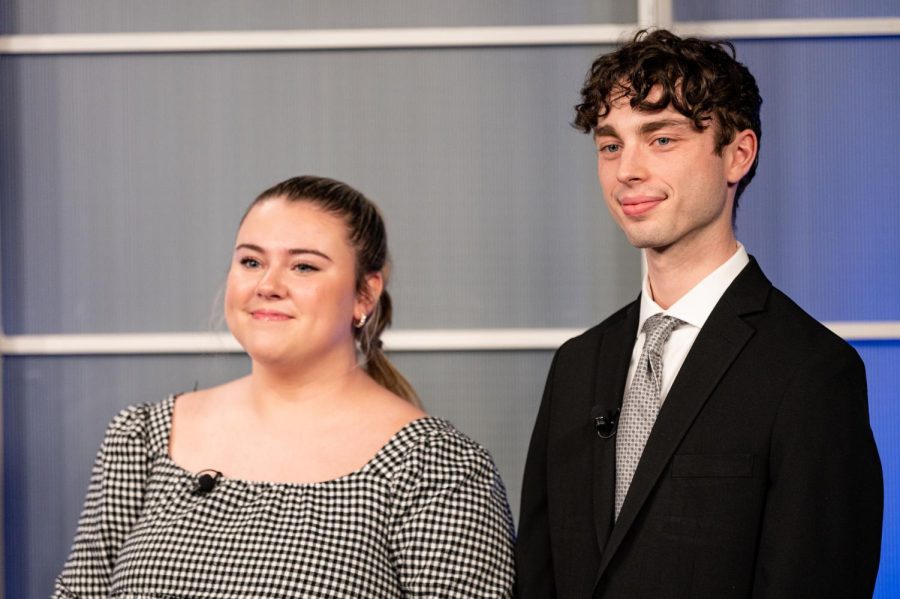
Marquette Student Government began a gender and sexuality issues survey this week, in order to gauge students’ opinions on the matter.
According to an Oct. 22 Tribune article, this is the first time MUSG surveyed students about gender and sexuality. It’s also the first time any entity at Marquette surveyed students about the subject.
Considering recent issues with the FemSex program on campus, however, university administration should have surveyed students for their views a long time ago. MUSG recognized the administration erred in not offering much student input on the matter and should be commended for that.
In its own way, the administration attempted to deal with gender and sexuality. In 2000, the Task Force on Gender Equity began to address concerns from faculty about gender discrimination across campus. While forming what is now the Gender and Sexuality Resource Center, the administration set up small forums for students to attend and voice concerns. Graduate students also led forums on gender, race and class in the past.
The university, though, never surveyed students at random to gauge thoughts on gender and sexuality. So far efforts to discuss it rarely dealt with students at all, or if it has, required active participation by the students to go and seek a forum. Surveys, such as the one MUSG is conducting, should be a more accurate representation of campus opinion than a forum. They should more accurately report how students feel about gender and sexuality issues.
According to the Tribune, MUSG Executive Vice President Zach Bowman and Off-Campus Senator Mary McCarthy both voiced concerns about gender and sexuality on campus, especially when the university decided not to sponsor FemSex. The senators spoke from both personal concerns and the concerns of constituents.
Filling out one more survey, especially one given via iPad, may seem like a hassle. But the survey allows students to offer their opinions and force the administration to determine how much it really values student opinion and input.
MUSG exists to represent students on campus. It therefore makes decisions while keeping constituent responses in mind through funding and proposing legislation, over which MUSG has a lot of control. In order to be most effective, student participation is essential for student representatives to understand what students want. If students never voice concerns, senators will never know what to advocate for.
MUSG may not have as much power as the administration, but it has a more authoritative voice than individual students on any issues, including gender and sexuality. The FemSex organizers cannot go toe-to-toe with the university administration alone.
Student government’s job is to advocate for students. We look forward to the survey results to see how students respond. Maybe the administration will finally listen to student recommendations when the advice comes from a student government report. If so, it would be a positive change from the past.





